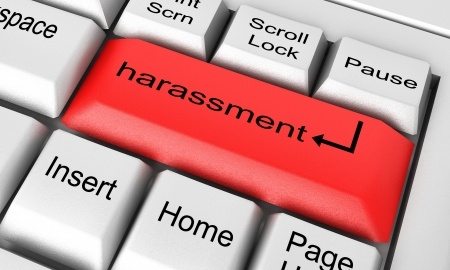Sexual abuse in institutional settings — such as nursing homes, hospitals, schools or group homes — is a devastating violation of trust and safety. Victims often feel powerless, but it’s crucial to understand that help is available and there are clear steps to report abuse and seek justice in Illinois.
If you suspect or know that you or a loved one has experienced sexual abuse in an institutional setting, taking action quickly can protect the victim and hold the responsible parties accountable.
Recognize the Signs of Sexual Abuse
Before reporting, it’s important to identify possible signs of sexual abuse. These may include:
-
Unexplained bruises, bleeding or injuries around the genital or anal areas
-
Sudden changes in behavior, such as withdrawal, anxiety or depression
-
Fear of certain individuals or refusal to be left alone with specific staff
-
Nightmares or sleep disturbances
-
Inappropriate sexual knowledge or behavior for the person’s age or condition
If you notice these warning signs, take them seriously and proceed to report.
Who to Report To in Illinois
Illinois has multiple agencies responsible for handling reports of sexual abuse in institutions:
-
Adult Protective Services (APS): For abuse of adults in nursing homes or care facilities. Call the Illinois Department on Aging’s APS hotline at 1-866-800-1409.
-
Illinois Department of Children and Family Services (DCFS): For abuse involving minors or dependent adults in institutional settings. The DCFS hotline is 1-800-25-ABUSE (1-800-252-2873).
-
Local Law Enforcement: You can also report abuse directly to the police, especially if the victim is in immediate danger or if a crime has been committed.
-
Institutional Authorities: Many facilities have their own compliance or abuse reporting departments. Reporting to them may start an internal investigation, but it should not replace reporting to the appropriate state agencies.
What Information to Provide
When making a report, try to provide as much detail as possible, including:
-
The victim’s name, age, and location
-
Description of the suspected abuser (name, role, etc.)
-
Details about the abuse — what happened, when and where
-
Any witnesses or evidence you are aware of
-
Your contact information (reports can often be anonymous, but providing your info may help with follow-up)
Your Rights and Protections as a Reporter
Illinois law protects individuals who report abuse in good faith from retaliation or discrimination. You have the right to remain anonymous if you wish, though providing contact information can help authorities investigate thoroughly.
If you are a victim or the family member of a victim, you may also have legal rights to pursue civil action against the perpetrators and the institution.
What Happens After a Report Is Made?
Once a report is filed, authorities will investigate. This may involve interviews, reviewing medical records, and visiting the institution. If abuse is confirmed, criminal charges may be filed, and the facility could face sanctions or lawsuits.
During this time, victims should receive support services, including counseling and medical care.
Seek Legal Help If Needed
Sexual abuse cases in institutions are complex and emotionally difficult. If you or a loved one has been abused, consulting with an experienced attorney can help you understand your rights, gather evidence, and pursue justice.
The Dinizulu Law Group has helped many victims of institutional abuse in Illinois. We offer compassionate, confidential guidance — call us at (312) 384-1920 to discuss your situation.



